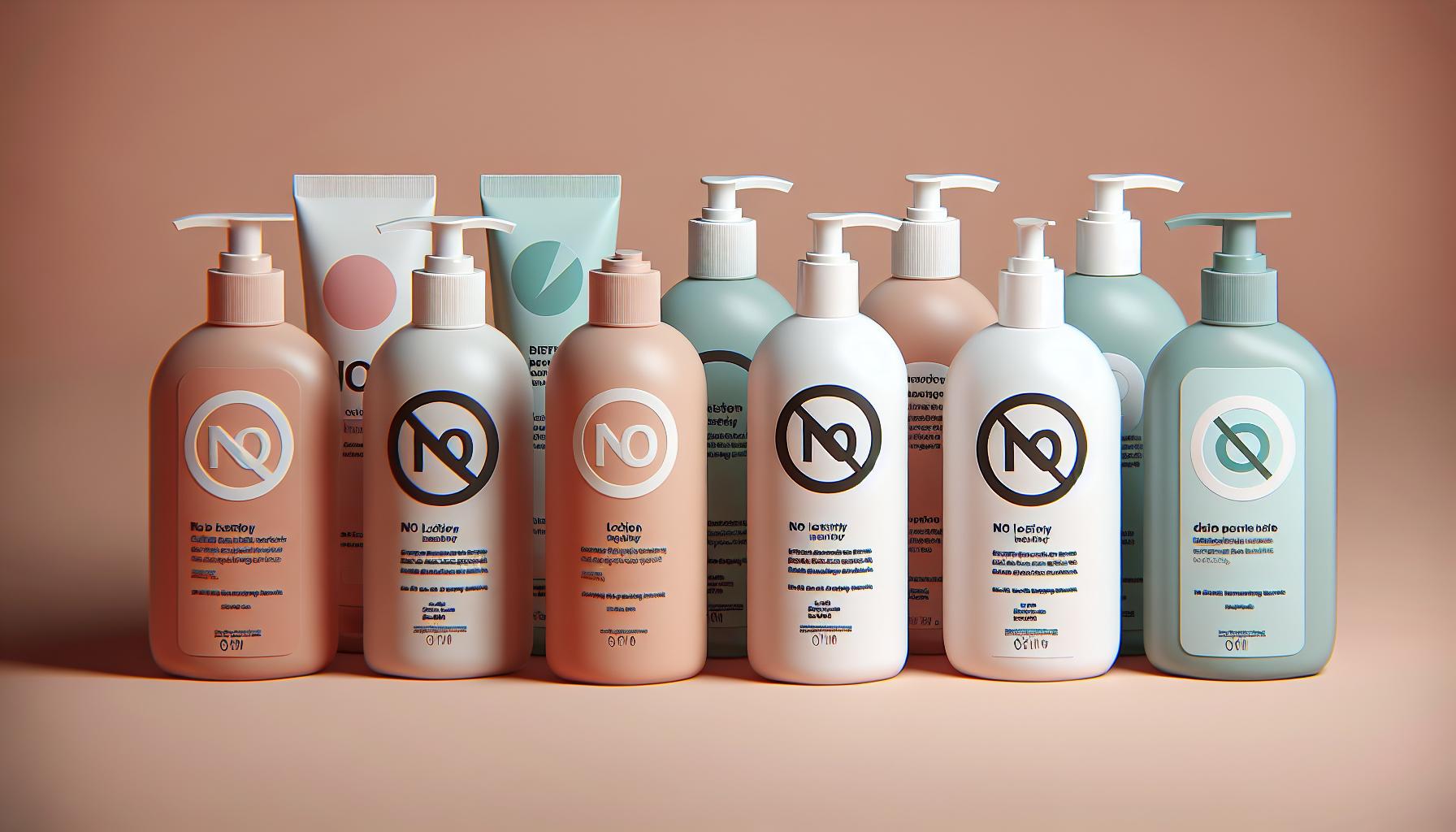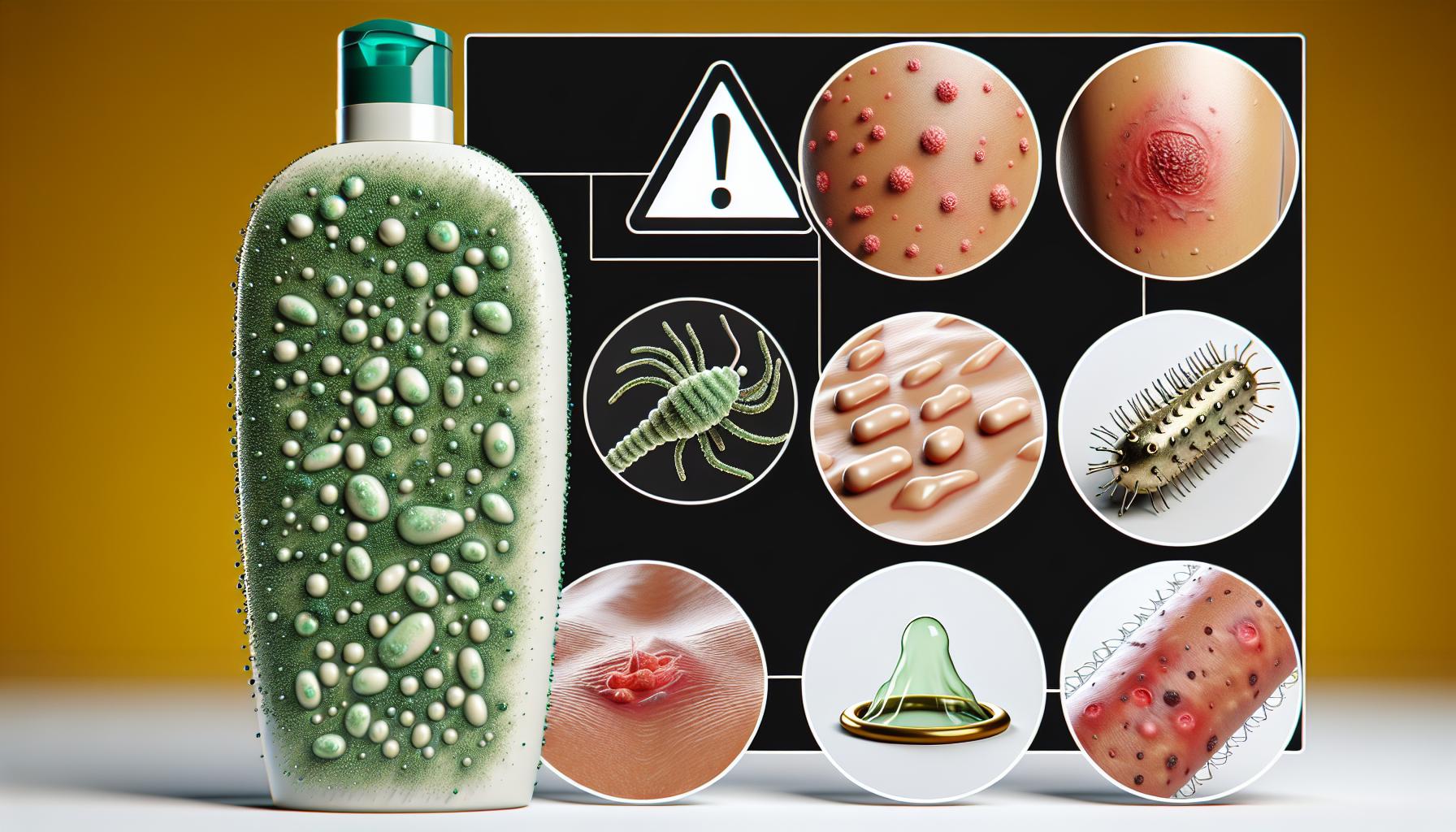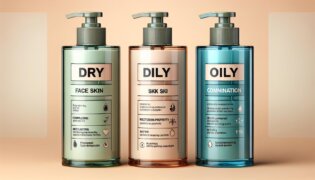Ever found yourself in a pinch where you’re out of lube and all you’ve got is a bottle of lotion? It’s a common dilemma and you might be wondering, can you use lotion as lube? Well, I’m here to shed some light on this topic.
There’s a lot of debate around this question and it’s not as straightforward as you might think. While some argue that it’s perfectly safe, others warn about potential risks. Let’s delve into the pros and cons to give you a clear picture.
Remember, it’s always important to consider the ingredients of the products you’re using. Not all lotions are created equal and some may be more suitable for this purpose than others. Stay tuned as we explore this topic in-depth.
Key Takeaways
- While it’s technically possible to use lotion as lube, it’s not recommended due to potential health risks and overall unsuitability for intimate use.
- Not all lotions are created equal, and some can cause irritation or allergic reactions due to ingredients commonly used in such products, such as parabens and petroleum-based oils.
- Using lotion as lube can also lead to a higher risk of infections, as it can disrupt the pH balance of intimate areas and weaken the efficacy of condoms.
- Lubes specifically designed for intimate use have advantages over lotion, as they are pH balanced, isotonic, and less likely to interfere with contraceptives or sex toys.
- Consider safer alternatives for personal lubrication, like water-based and silicone-based lubricants. These options are designed for intimate use, don’t compromise the integrity of condoms, and are gentler on sensitive skin.
Exploring the Use of Lotion as Lube

In the course of my research, I’ve delved into various discussions, scientific resources, and user experiences surrounding the use of body lotion as a lube substitute. Overall, individuals who find themselves reaching for lotion often do so out of necessity − it’s handy and seemingly fit for purpose.
However, it’s crucial to remember that not all lotions are created equal. On the surface, lotions seem creamy and slick, characteristics ostensibly similar to lube, but it’s the unseen nature of these products that can cause issues.
Factoring Skin Sensitivity
When contemplating using body lotion as lube, skin sensitivity becomes a hot topic. The skin on our genital areas is far more sensitive than other parts of our body. This leaves it prone to reactions with certain chemicals. Many lotions carry ingredients like fragrances and preservatives which can be irritating. In this respect, the choice of lotion does matter.
Considering the Ingredients
Most lotions contain a bevvy of various chemicals and compounds. Parabens, known for affecting hormone function, are often included in these products. Moreover, petroleum oils common in lotions run risk of breaking down latex in condoms, potentially risking their effectiveness. It’s worth mentioning that some lotions contain glycerin, a moisture-maintaining substance, yet its sugary nature could potentially increase the risk of yeast infections.
Here’s a handy table summarizing some of common lotion ingredients and their impact on sexual health:
| Ingredient | Effect |
|---|---|
| Parabens | Affects hormone function |
| Petroleum Oils | Breaks down latex, risking condom effectiveness |
| Glycerin | Can increase risk of yeast infections |
The Lotion vs. Lube Debate
In the end, it’s worth remembering: lube is specifically designed for sexual activities. Its pH is balanced, it’s isotonic, and it’s made to be friendly to your body’s most intimate areas. Lube also won’t interfere with contraceptives or sex toys, a significant advantage over the everyday body lotion.
So, while body lotions may be tempting as a lube alternative, I’d advise caution considering their unsuitability from an intimate-use perspective. In the following section, we’ll look at some safer alternatives that won’t compromise your health or comfort.
Potential Risks of Using Lotion as Lube

When taking substitute decisions in life, we often encounter unforeseen consequences. Using body lotion as lube is a such a scenario. Can we use it? Yes. Should we use it? Well, that’s an entirely different discussion. There are inherent risks when deciding to use body lotion as lube, and it’s essential we shed light on them.
We will deep dive into two significant risks – Skin Irritation and the Risk of Infection.
Skin Irritation
Body lotions are made for overall skin, not specifically for sensitive areas. Ingredients found in body lotions can cause irritation or allergic reactions.
These reactions can range from redness and rash to intense itching. Intricate regions like vaginal or rectal tissues are thin and absorb substances faster than other skin areas. Therefore, the irritating effects of these chemicals are amplified.
One of the perpetrators of skin irritation is a commonly found ingredient in most body lotions, namely Parabens. According to data**, research** shows that Parabens can also disrupt hormonal balance.
Risk of Infection
In addition to irritation, using lotion as lube also carries a risk of infection. This is primarily due to how lotions can disturb the pH balance of intimate areas.
An upset pH balance creates an environment that’s conducive for harmful bacterial growth, and can lead to infections such as Bacterial Vaginosis or Yeast Infections.
Moreover, lotions can break down latex in condoms, making their use ineffective and increasing the risk of Sexually Transmitted Diseases (STDs) and unwanted pregnancy.
In the end, it’s clear that health risks associated with using body lotion as lube are not to be dismissed lightly. The purpose of lube is to add comfort and enhance pleasure. If its substitute – the body lotion, is adding headaches (literally and metaphorically), then it might be a good idea to stick to products designed for this specific purpose. And we’ll discuss that further in the next section.
Safe Alternatives to Lotion for Lubrication
In the quest for pleasure and comfort, it’s important to prioritize your health first. We’ve explored the possible complications of using body lotion as a personal lubricant, leading us to discuss safer, more body-friendly alternatives. Let’s delve into water-based and silicone-based lubricants—the reigning champions in the personal lube arena.
Water-Based Lubricants
Water-based lubricants diverge from lotions in several essential ways. They are designed to replicate the body’s natural lubrication, contributing to an authentic and comfortable experience. Being water-soluble, they don’t stain sheets, and are super easy to clean up.
An impressive feature of water-based lubricants is their versatility. You can use them with latex condoms and silicone toys without the anxiety of degradation—a stark contrast to body lotions, which compromise the integrity of condoms and can harbor bacteria in toys.
One thing to note, though, is their inclination to evaporate or absorb into the skin over time. This might mean you’ll need to reapply more often. But with many options now offering long-lasting formulas, that’s a small trade-off for something that’s kind to your skin and health.
Silicone-Based Lubricants
Silicone-based lubricants are a splendid choice for those who seek a long-lasting lube. Unlike water-based options, these prevent quick absorption into the skin and don’t evaporate as easily, meaning that you’ll need less reapplication.
Another point in favor of silicone-based lubricants is their ability to stay slick in water—perfect for those adventurous underwater escapades.
Yes, silicone-based lubricants may interact negatively with silicone toys, but if you’re using latex or polyurethane condoms, there’s no disruption to their effectiveness. This is a huge perk when compared to the aforementioned issues with using body lotion.
While silicone-based lubes may require a bit more work to clean up, their long-lasting, sleek feel makes them a popular pick for many.
So, as we journey further into exploring safer approaches to personal lubrication, what’s clear is that there are alternatives that put your health first. Prioritize yourself, and don’t compromise safety for convenience. Your body will thank you later.
Conclusion
So, can you use lotion as lube? It’s clear the answer is no. Body lotions aren’t made for intimate use and could lead to health issues. Instead, it’s best to stick with products specifically designed for this purpose. Water-based lubricants are great for mimicking natural body lubrication and are easy to clean up. If you’re looking for something longer-lasting and water-resistant, silicone-based lubricants are the way to go. Remember, your health should always take precedence over convenience. Choose wisely, and keep it safe and enjoyable.















